Agile Transformation
Agile Transformation is the process of transitioning an organization from traditional project management methodologies to Agile methodologies, which emphasize flexibility, collaboration, and customer-centric approaches. This transformation involves not only changing processes and practices but also shifting the organizational culture to support Agile principles.












